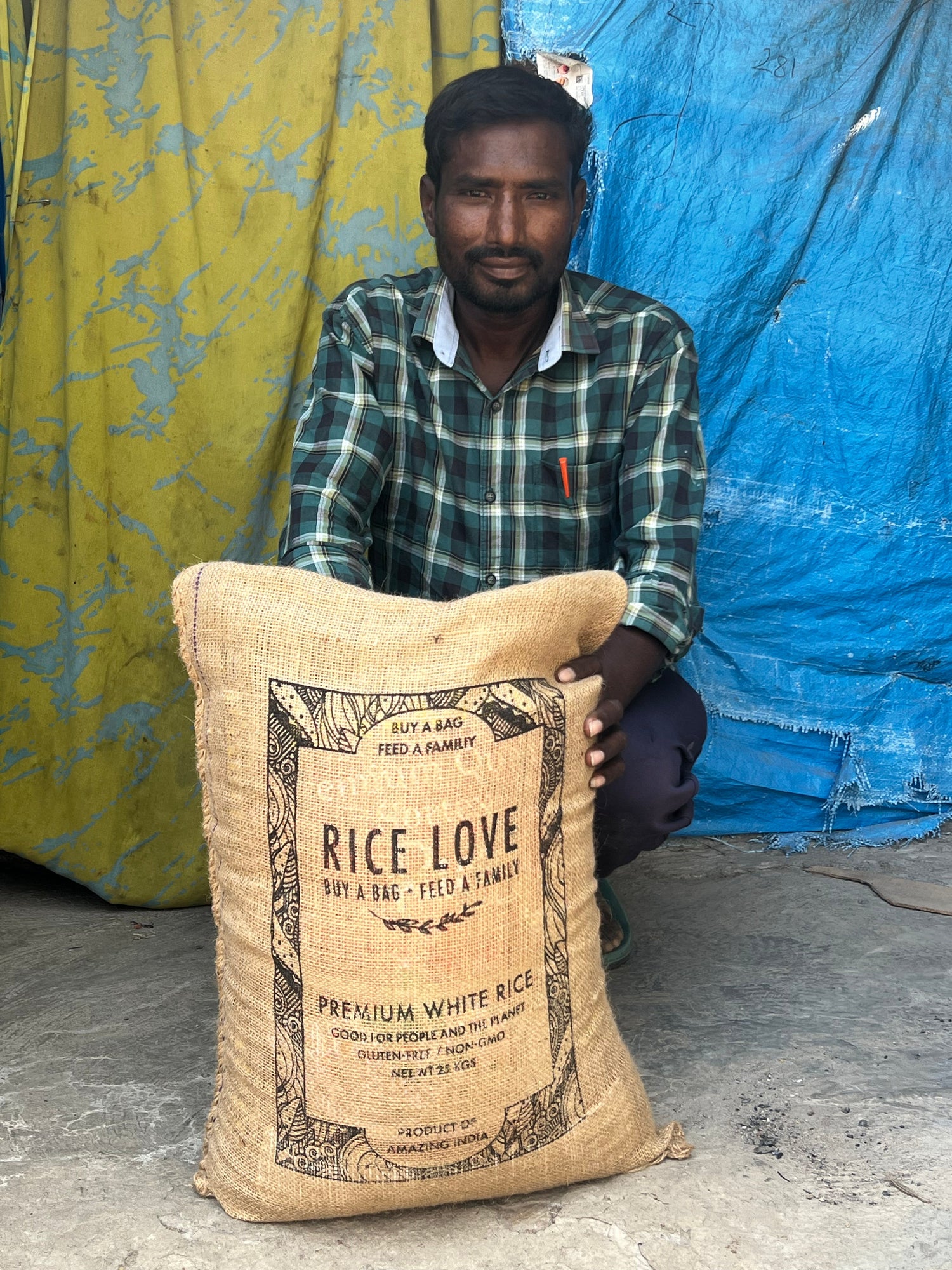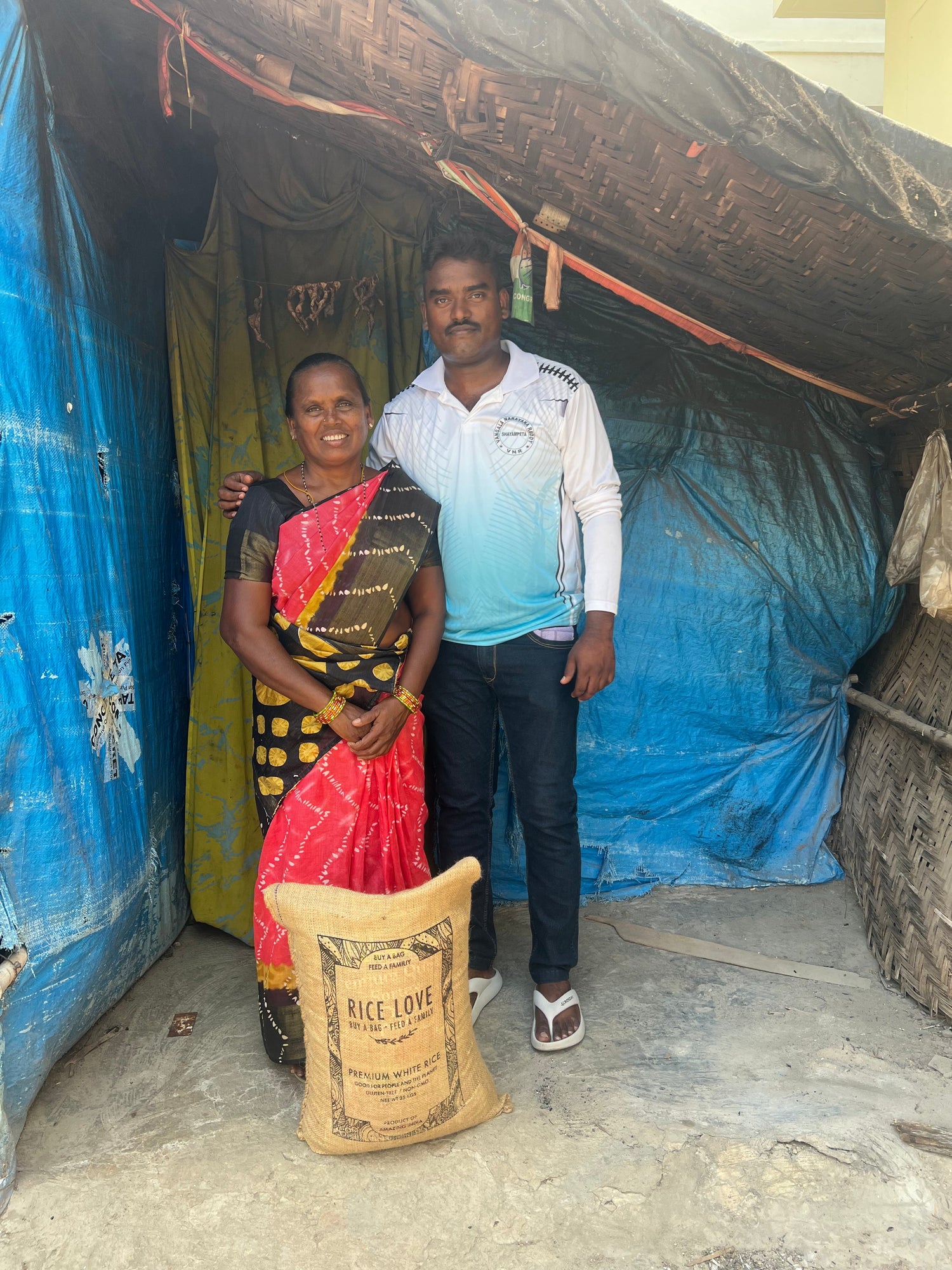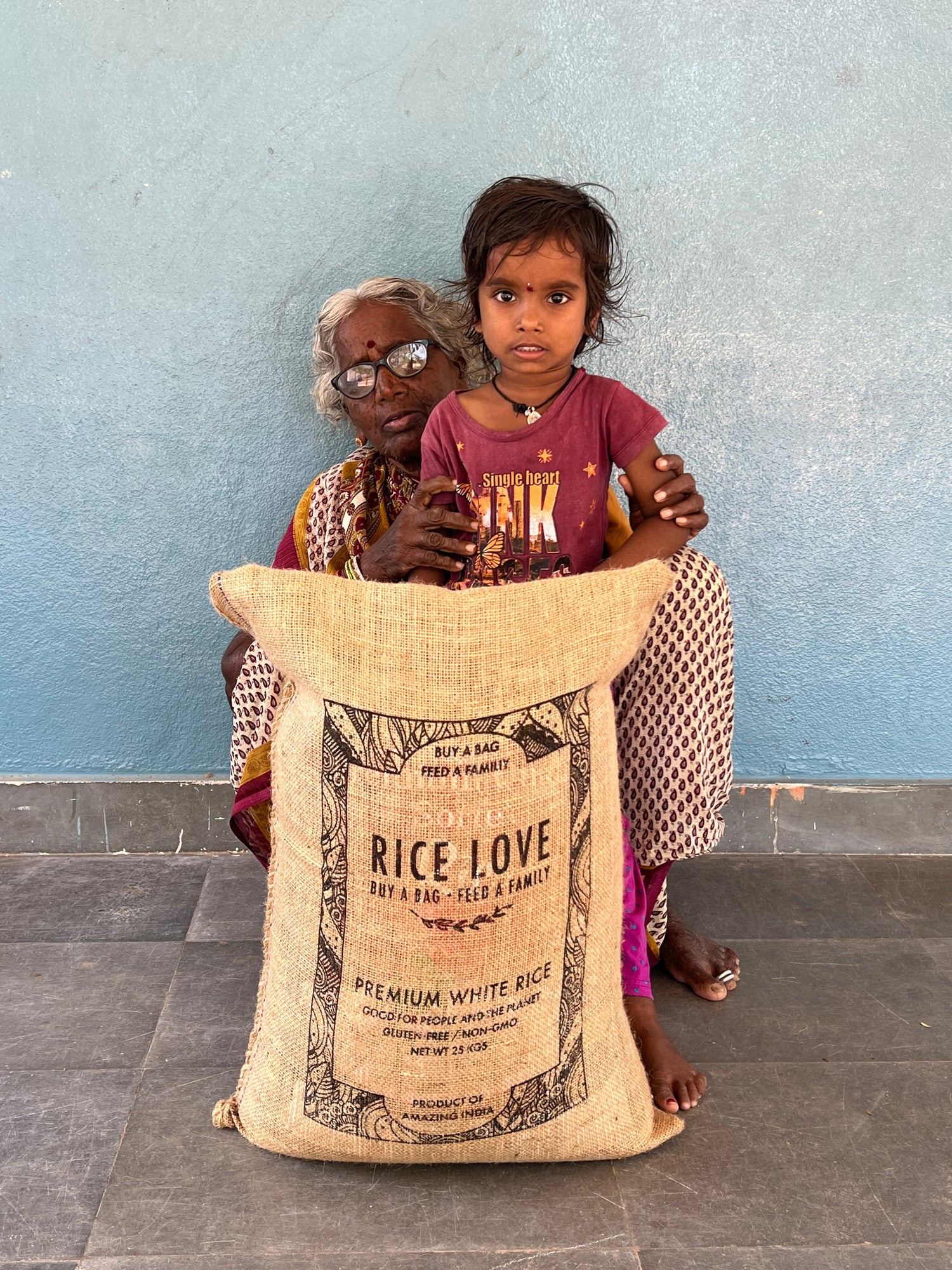
In honor of International Women's Day, we wanted to celebrate some of our personal female heroes, namely a group of pink-wearing, bamboo-stick-wielding women warriors from Uttar Pradesh, India. This group of self-empowered women is known as the Gulabi Gang.
How did the Gulabi Gang begin?

Born the daughter of a poor shepherd, Sampat Pal Devi was an ambitious child who yearned for education. She taught herself how to read and write. With the help of a family member, she was able to attend school for a few years, but was then taken out of school and forced into a child marriage at the tender age of twelve. By age fifteen, Sampat became a mother, and went on to raise five children.
Sampat has always had a rebellious spirit. She learned to stand up for herself against her in-laws, who viewed her as "little more than a slave". Eventually, Sampat was able to move out, away from her oppressive in-laws, and an activist was born.
One day, as she walked down the street, Sampat witnessed a man brutally abusing his wife. When she confronted him and pleaded with him to stop, he beat her as well. Not one to lie down without a fight, Sampat returned the following day wielding a bamboo stick and accompanied by five other women to give the man a beating of his own.
News of this intervention spread throughout the community, and it wasn't long before other women began approaching Sampat asking for her help. As Sampat and her team began intervening for more and more women, their numbers grew and the Gulabi Gang was born.
The baddest Girl Gang in South Asia - that we know of, anyway.

Gulabi is the Hindi word for pink. The courageous women of the Gulabi Gang dress themselves in hot pink saris as a representation of their womanhood and strength.
As Sampat says, “We are not a gang in the usual sense of the term, we are a gang for justice". These lady warriors in pink carry bamboo sticks more for intimidation than violence, but will use them for self-defense when the situation calls for it.
For women in India, unfortunately, violent crime is common. Many women are victims of abuse and rape, and low-caste women are particularly vulnerable. Ninety per cent of India's rape victims are members of the lowest class - the Dalit - formerly known as the "untouchables".
The mission of the Gulabi Gang is to protect the powerless from abuse and fight corruption to ensure basic rights of the poor in rural areas, and to discourage traditions like child-marriages.
These women are powerful and passionate, and they are taking matters into their own hands when corrupt government won't protect them. They engage in dialogue, rallies and strikes. They have stormed the offices of utility companies that were withholding power from villages. They even paraded a city official along the deteriorating road that his administration refused to fix. But when that isn't enough, their bamboo sticks will do the trick. Sampat herself once beat a police officer who refused to register a rape case.
The main goals of the Gulabi Gang are as follows:
- Stop child marriages
- Persuade families to educate female children
- Train women in self-defense
- Oppose corruption in administration
- Raise awareness about the evils of dowries
- File reports against sex-offenders and abusive husbands
- Publicly shame molesters
- Encourage women to become financially independent
Empowered women empower women.

Sampat's movement of empowerment and alternative justice has grown over the past several years and now boasts more than 400,000 members across Northern India. Women who have been helped by Sampat and her crew join and help others. These women are there to support and aid any other woman who comes to them in need, using force as needed, to keep the women safe.
The organization also seeks to support and train women in skills that will help them to become economically secure and independent, thereby increasing their self confidence and enabling them to be better prepared to protect themselves from abuse by being able to leave or change their situation. For women in India, the first battle often begins at home.
We are in awe of these women who are standing up for themselves and for each other when no one else will, in a country where women are still treated as lesser-than. To us, they are an inspiring example of social activism and taking matters into their own hands. They not only empower other women in their country with their vigilante efforts, but they also empower women all over the world through their incredible story.
Amy Rawlings
Rice Love
For more information about the Gulabi Gang and to support their efforts, visit their website.
Photos courtesy of Gulabi Gang.




